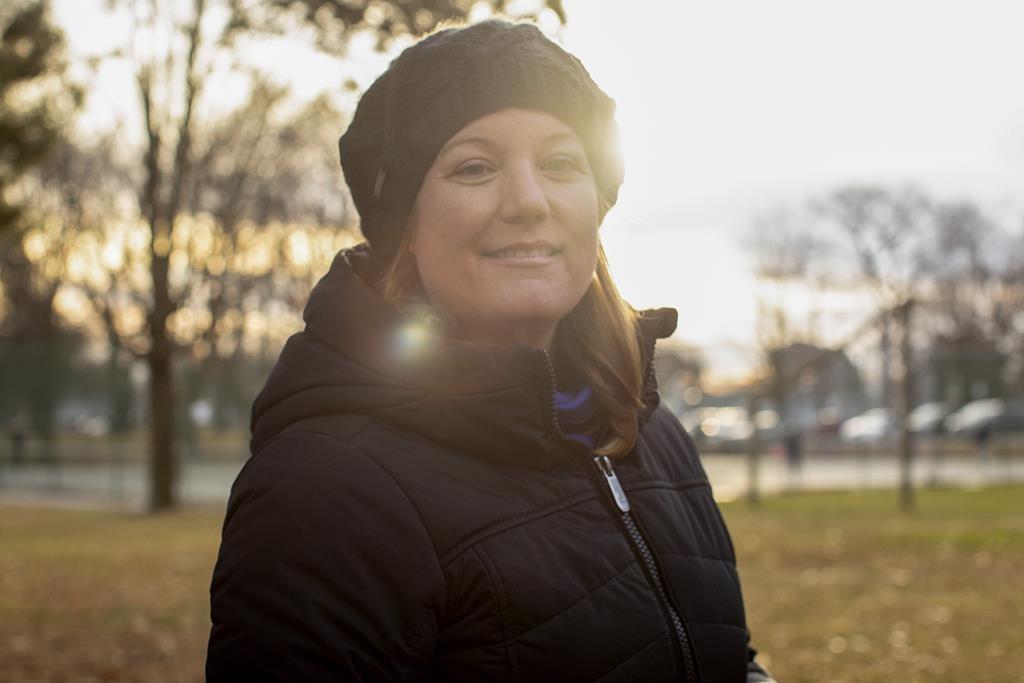TORONTO—The COVID−19 pandemic has upended the lives of Canadians across the country, causing many to lose their jobs or businesses, or to adapt to a new life spent mostly at home. Some are leaning into the disruption, however, using these uncertain times as a launchpad for major life changes they may not otherwise have embraced. Here are some of their stories.
Kristina Chau, 41





